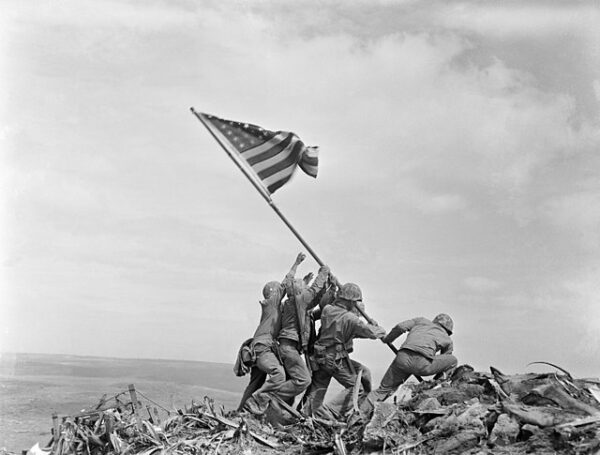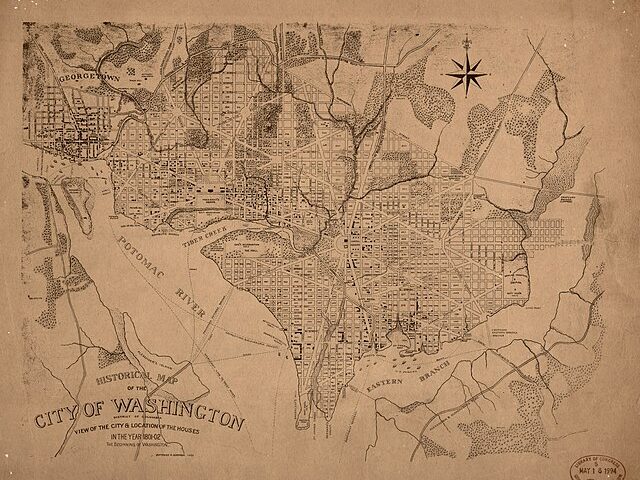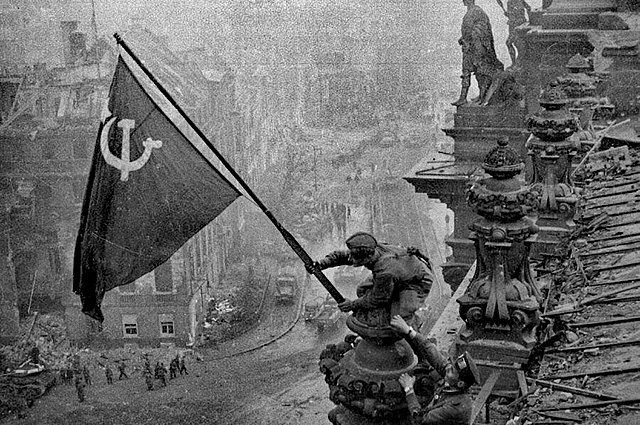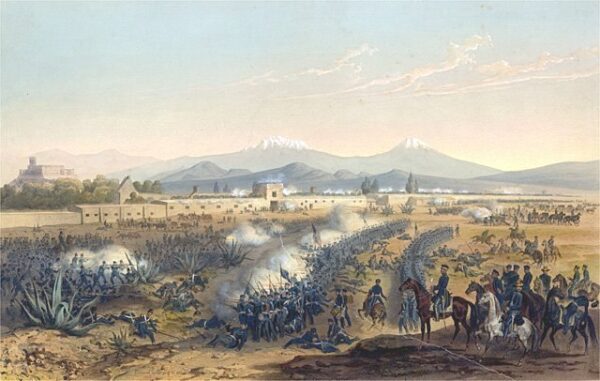The Battle of Iwo Jima, one of the bloodiest and most important confrontations of World War II, concluded on March 26, 1945, after 36 days of intense combat. As the sun dipped below the horizon, it marked the end of a grueling military engagement and a pivotal moment in the Pacific Theater.
In the fading light of that day, the Marines, after facing unimaginable hardships and staggering casualties, managed to secure the island. The American flag, famously immortalized in Joe Rosenthal’s photograph, was raised atop Mount Suribachi on February 23, signaling a symbolic triumph amidst the chaos and carnage.
However, the capture of Iwo Jima was a challenging feat. The Japanese defenders, deeply entrenched in tunnels and fortified positions, fought ferociously, exacting a heavy toll on the assaulting forces. Every inch of the island was fiercely contested, with the landscape scarred by relentless artillery barrages, flamethrowers, and close-quarters combat.
The battle was marked by acts of extraordinary heroism and sacrifice on both sides. The Marines exhibited unwavering courage and resilience as they pushed forward, undeterred by the relentless barrage of enemy fire. Meanwhile, the Japanese defenders, determined to defend their homeland at all costs, fought with unmatched tenacity and resolve.
The ferocity of the battle and the sheer scale of the casualties inflicted made Iwo Jima a symbol of the brutal realities of war. The island’s strategic significance lay in its airfields, which could provide vital support for American bombers on their missions to Japan. Securing Iwo Jima was imperative for gaining a foothold closer to the Japanese mainland.
As the battle drew to a close, the landscape of Iwo Jima bore witness to the horrors of war. The once pristine beaches were transformed into a wasteland of craters and debris, while the iconic Mount Suribachi stood as a silent sentinel overlooking the devastation.
The end of the Battle of Iwo Jima marked a turning point in the Pacific campaign. While the cost in human lives was staggering, the capture of the island provided a crucial strategic advantage for the Allied forces. The airfields on Iwo Jima would serve as vital bases for American bombers, facilitating the relentless aerial bombardment that would ultimately bring Japan to its knees.
In the aftermath of the battle, the legacy of Iwo Jima endured. The image of the flag-raising atop Mount Suribachi became an enduring symbol of American valor and sacrifice. The bravery and determination displayed by the Marines on that desolate island would be forever etched into the annals of military history.






